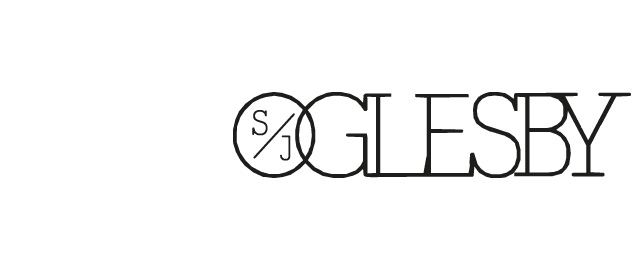Clocks
Possible categories will include:
Ornaments
Watches -jewellery, style (wear time)
Cogs- mechanisms, machinery
Ways of recording time- sun dials, counting, stop watch, time sands, calender
Numbers- found fonts
Seasons- Day/ Night
The appearence/ look/ smell/ sound/ taste of time
The beginning of time- space
The sun
History- representations of change in time. Icons of history
Primary research processes will include:
Photographs/ Drawings where applicable, 100 objects, questionnaires of opinions and usage of time, my own observations of time.
Secondary research processes will include:
Collection of relevant categorised information from internet & books.Who/ Where will i research Primary sources:
Targetting a range of age and culture groups
My own opinions on the physicalities of time... compare with others.
Draw/ Photograph different appearences of time.. age, day/night, clocks (clock room- s.milford), peoples watches, statements of time such as styles of clothes, buildings, representations.
Who/ Where will i research Secondary sources:
Books, Newspapers, Internet, Phones.. anything digital




